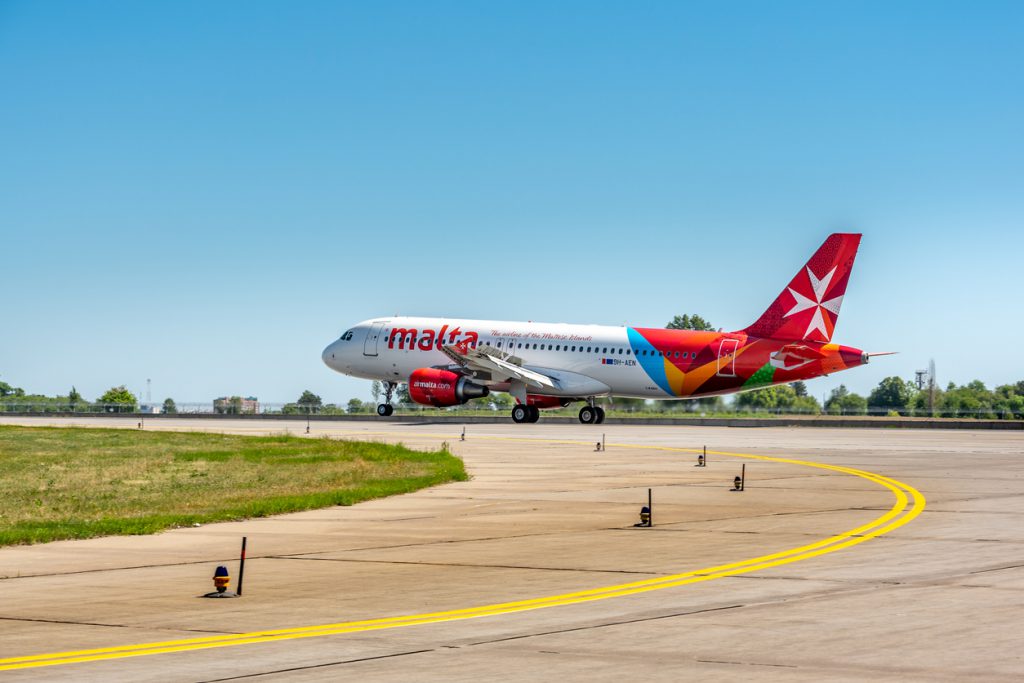KM Malta Airline – History should not be allowed to repeat itself

In the annals of aviation history, the tale of Air Malta serves as a cautionary reminder of how political interference, clientelism, and mismanagement can bring down even the most promising enterprises. With the recent collapse of Air Malta, it is crucial to dissect the reasons behind its downfall and outline the imperative steps that must be taken to ensure the success of its successor, KM Malta Airline.
Air Malta, once a symbol of national pride and an essential lifeline for the Maltese archipelago, faced a steady decline over the years. The airline’s ultimate demise can be attributed to three major factors: political interference, clientelism, and mismanagement.
Firstly, political interference played a significant role in Air Malta’s downfall. Politicians, often driven by short-term electoral considerations, exerted undue influence on the airline’s operations. This interference led to decisions that favoured political allies over sound business practices, such as appointments to key positions being made on the basis of political loyalty rather than merit. Such practices severely undermined the airline’s competitiveness and financial stability.
Secondly, clientelism, or the practice of distributing favours and privileges to a select group of individuals or companies, also plagued Air Malta. This toxic culture fostered an environment where personal connections and loyalty to certain groups were prioritized over the airline’s best interests. This resulted in a lack of accountability and transparency in decision-making processes, ultimately harming the company’s financial health.
As we look to the future with the introduction of KM Malta Airline, it is imperative that the mistakes of the past are not repeated. First and foremost, KM Malta Airline must be insulated from political interference. Whether, that is wishful thinking or not is highly debatable. However, if we have not leart our lesson at this stage, we are only fooling ourselves. A clear and transparent governance structure, with appointments to key positions based on qualifications and experience rather than political connections, is essential. Decision-making processes should be driven by market realities and the airline’s long-term sustainability, rather than short-term political gain.
Secondly, the culture of clientelism must be eradicated. The airline should be run as a business, not as a vehicle for patronage. Contracts, procurement, and hiring practices should be conducted through fair and competitive processes, ensuring that the best interests of the airline and its customers are always prioritized.
Lastly, a stringent focus on competent management and financial prudence is paramount. KM Malta Airline must be led by individuals with a proven track record in the aviation industry, and they must have the autonomy to make decisions based on the airline’s best interests.
Air Malta’s demise serves as a stark reminder of the perils of political interference, clientelism, and mismanagement in the aviation industry. The launch of KM Malta Airline represents an opportunity for Malta to chart a new course in aviation, one characterized by professionalism, transparency, and financial responsibility.
The lessons of the past must not be forgotten, and the success of the new airline should be built on a strong foundation of sound business practices, free from the shadow of political influence. Only then can KM Malta Airline soar to new heights and secure a prosperous future for the Maltese archipelago. Transferring the existing structure lock stock and barrel would be a recipe for disaster.
